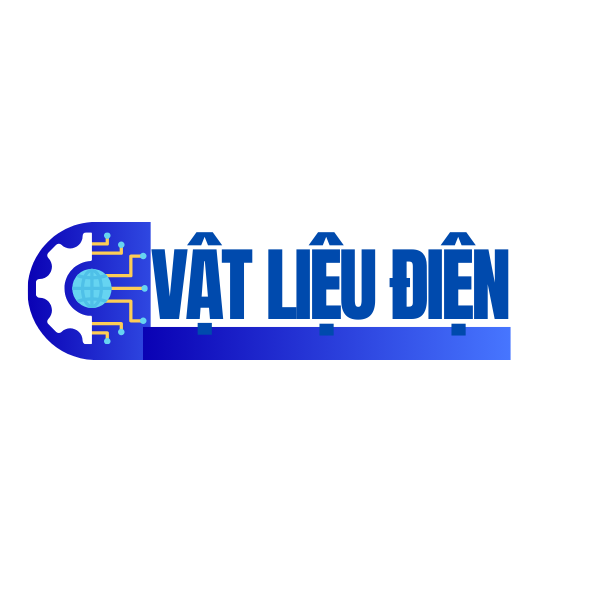The U.S. car industry in 2025 stands at the vanguard of technological innovation, driven by advancements in artificial intelligence (AI).
—
## Key Innovation Foundations in North American Car Evolution https://techcarusa.com/
### Artificial Intelligence
Advanced algorithms serve as the foundation of current car systems, with **81% of dealerships increasing AI budgets** to enhance buyer engagement platforms.
Startups like **Wayve** are developing AI training frameworks for driverless automobiles.
—
### EV Charging Networks and Eco-Friendly Solutions
The U.S. EV market is growing exponentially due to federal incentives and business funding. **Aptera Motors** leads in solar integration, offering a three-engine electric vehicle with high-efficiency solar panels.
Government policies play a crucial function: The **CHIPS Act** has fueled $52 billion in microprocessor development.
—
### Self-Driving Technology and Car Networking
Self-driving systems is transitioning from Level 2+ to Level 4 systems. **Waymo** utilizes laser-guided ride-hail vehicles that have accumulated 20 million miles with a **67% lower collision rate**.
—
## Industry Leaders and New Entrants Driving Innovation
### Major Automakers
– **Ford**: Partnering with **Google Cloud**, Ford’s hands-free highway tech offers lane-changing automation.
– **Tesla**: The 2026 Roadster prototype boasts a **620-mile range** using rocket-tech-based energy cell temperature control.
—
## Challenges and Legal Factors
### Vehicle Protection
As vehicles generate **25 GB of data per hour**, cyberattacks pose significant risks. The **NHTSA** mandates **UN R155** cybersecurity regulations.
—
## Future Outlook
Major innovations to monitor include:
– **Solid-State Batteries**: **Mercedes-Benz** aims to launch 621-mile range EVs using **QuantumScape** cells.
– **AR/VR Integration**: Holographic displays are expected to lower collision frequency by 30% by 2030.
